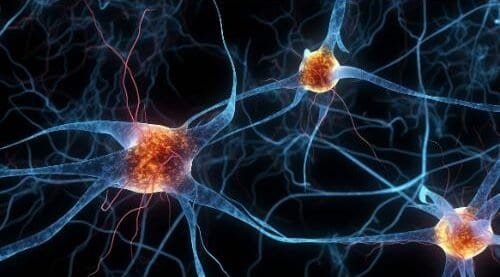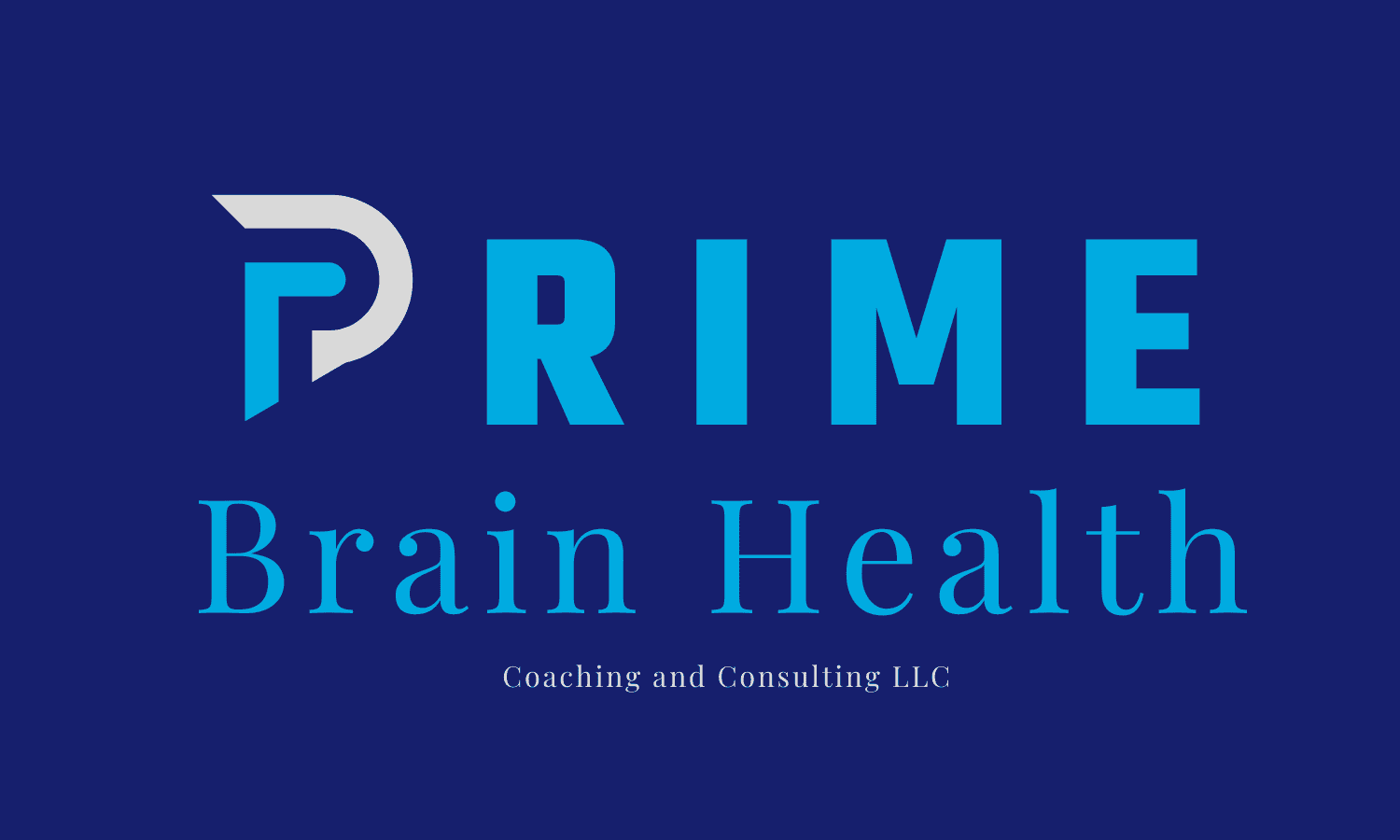What is Aerobic Exercise?

What do we know about the impact of aerobic exercise and brain health? First of all, there are a variety of types of exercise so it is important to briefly define what we are talking about when we discuss aerobic exercise. The American College of Sports Medicine (ACSM) defines aerobic exercise as any activity that uses large muscle groups, can be maintained continuously and is rhythmic in nature. This means that muscle groups activated by this form of exercise rely on aerobic metabolism to pull out energy from amino acids, carbohydrates and fatty acids.
Examples of aerobic exercise include walking, cycling, hiking, dancing, jogging, and swimming. These activities are best accessed through the aerobic capacity, which is defined by the ACSM as the product of the capacity of the cardiorespiratory system to supply oxygen and the capacity of the skeletal muscles to use oxygen. Numerous studies have been published acknowledging the benefits of aerobic exercise on our cardiorespiratory/cardiovascular system. But what does this mean for our brain and thinking?
What the Science says
Numerous studies have been done looking at aerobic fitness on brain and cognitive well being. One longitudinal study (44 years long) assessed women in three groups based on aerobic fitness: low, medium, and high fitness groups. Women in the high fitness group were 88% less likely to develop dementia than those in the medium fitness group. There was a dose dependent relationship between fitness level and later dementia, meaning higher levels (doses) of fitness were related to lower levels of dementia.
Even when dementia may not be entirely preventable, initial symptoms may be delayed, sometimes significantly, in the presence of healthy lifestyle factors. Of the women in the high fitness group who did develop dementia, age of onset was on average 11 years later than those in the medium fitness group. It was also determined not to be related to multiple other factors that have been shown to influence risk of dementia including smoking, alcohol, high blood pressure, and high cholesterol.

Other studies have shown a similar relationship between fitness and dementia persists even after factoring out the impact of factors that are known to increase the risk of dementia such as prior strokes and cerebrovascular disease. One study showed a 32% reduced risk of dementia in adults age 65 and over who exercised 3 times per week compared to those who exercised fewer than 3 times per week.
A metanalysis (group of studies) showed people in a high-level exercise group had a 38% reduced risk of dementia compared with those in the lowest-level exercise group. Another study of men age 71-93 who walked more than two miles a day showed a whopping 77% lower risk of Alzheimer’s Disease than did those who walked less than a quarter mile a day.
Exercise, Dementia, and Brain Volume
Hundreds of studies have shown that physical exercise is related to a reduced risk of dementia and Alzheimer’s Disease as well as an increased volume in brain regions related to memory, attention, and mental flexibility. Some of these changes can be seen quickly, in a matter of weeks. One study found that after just 12 weeks of exercise older adults showed improved memory, mental flexibility, and more efficient use of brain networks.
Individuals who engaged in aerobic exercise for just 6 months showed increased brain volume in the frontal lobes and in white matter tracts (pathways) compared to those who did anaerobic exercise. Other studies have found that those who consistently engage in aerobic exercise had larger brain volume, lower risk of dementia development, and lower levels of beta-amyloid (a protein involve in Alzheimer’s Disease) even 9-13 years later.
How Exercise Benefits the Brain

As you can see from above, the science is pretty clear regarding the benefits of aerobic exercise on the brain. But why? One key concept is neuroplasticity.
Neuroplasticity in simple terms is the process that enhances the physical structure and function of the brain. One of the core drivers of neuroplasticity is growth hormone brain-derived neurotrophic factor (BDNF). BDNF plays a critical role in creating new neurons and rewiring pathways, particularly in the hippocampus (important memory area). There is a strong relationship between cardiovascular exercise, BDNF, increased hippocampal size, and enhanced memory.
One study found that those participants who engaged in moderate-intensity exercise 3 days/week for one year were able to grow the hippocampus by 2 percent, adding 1 or 2 years of volume back to it (hippocampus normally shrinks 1-2 percent per year in older adults). Those in the study who did not exercise showed a 1.4% decrease in hippocampus volume. Such results have been shown in both younger and older adults.
How much Aerobic Exercise should you be doing?

First of all, just like other areas of health and lifestyle, there is always an individual component to think about. What is right for you may not necessarily be right for someone else and vise versa. Consulting with your medical provider is always a good idea especially if you have other factors to consider including medical limitations, pain, joint problems, etc. You can find exercise guidelines at the ACRM website. Below I also offer guidelines and tips for aerobic exercise.
Aerobic/Cardiovascular Exercise guidelines:
- 150 minutes of moderate intensity exercise per week (approximately 20-30 minutes/day) or 75 minutes of high intensity exercise per week
- Even if you don’t get to 150 minutes/week, any amount of exercise is good for your brain health!
- Moderate intensity exercise = a 5 to 6 rating on 0 to 10 exertion scale seems particularly good for the brain
- High intensity exercise can also be helpful.
- Some ways to incorporate exercise into your routine
- If just starting, begin slow and build up over time. This will help you to build the habit and make it a more enjoyable process
- Engage in an activity you find enjoyable. Exercise should be fun too. It could be walking, cycling, swimming, dancing, etc. You will be more likely to stick with it if it is something your enjoy.
- Put it on you calendar or schedule.
- Recruit a partner or friend. This can help with accountability on days you are not feeling up to it and also add to the enjoyment of the social element.
References:
Horder et al., “Midlife cardiovascular fitness and dementia,” e1298-1305.
Larson, E.B., Wand, L., Bowen, J.D., McCormick, W.C., Teri, L., Crane, P., & Kukull, W. (2006). “Exercise is associated with reduced risk for incident dementia among persons 65 years of age and older.” Annals of Internal Medicine 144 (2): 73-81.
Guure, C.Bl, Ibrahim, N.A., Adam, M.B., & Said, S.M. (2017). “Impact of physical activity on cognitive decline, dementia, and its subtypes: Meta-analysis of prospective studies.” BioMed Research International 2017: 1-13.
Abbott, R.D., White, LL.R., Ross, W., Masak K., Curb, D., & Petrovitch, H. (2004). “Walking and dementia in physically capable elderly men.” JAMA 292(12): 1447-53.
Nishiguchi, S., Yamada, M., Tanigawa, T., et al. (2015). “A 12-week physical and cognitive exercise program can improve cognitive function and neuronal efficiency in community-dwelling older adults: A randomized controlled trial.” Journal of the American Geriatrics Society 63(7): 1355-63.
Colcombe, S.J., Erickson, K.Il, Scalf, P.E., et al. (2006). “Aerobic exercise training increases brain volume in aging humans.” JGAGSEMS 61(11): 1166-70.
Erickson, K.I.,Raji, C.A.,Lopez, J.T.,et al. (2010). “Physical activity predicts gray matter volume in late adulthood.” Neurology 75(16): 1415-22.
Stillman, C.M.,Lopez, O.L., Becker, J.T., et al. (2017). “Physical activity predicts reduced plasma B amyloid in the Cardiovascular Health Study.” Annnals of Clinical and Translational Neurology 4(5):284-91.
Erickson et al., “Exercise training increases size of hippocampus,” 3017-22.
Stern, Y., MacKay-Brandt, A., Lee, S., et al. (2019). “effect of aerobic exercise on cognition in younger adults: A randomized clinical trial.” Neurology 92(9): e905-16.

